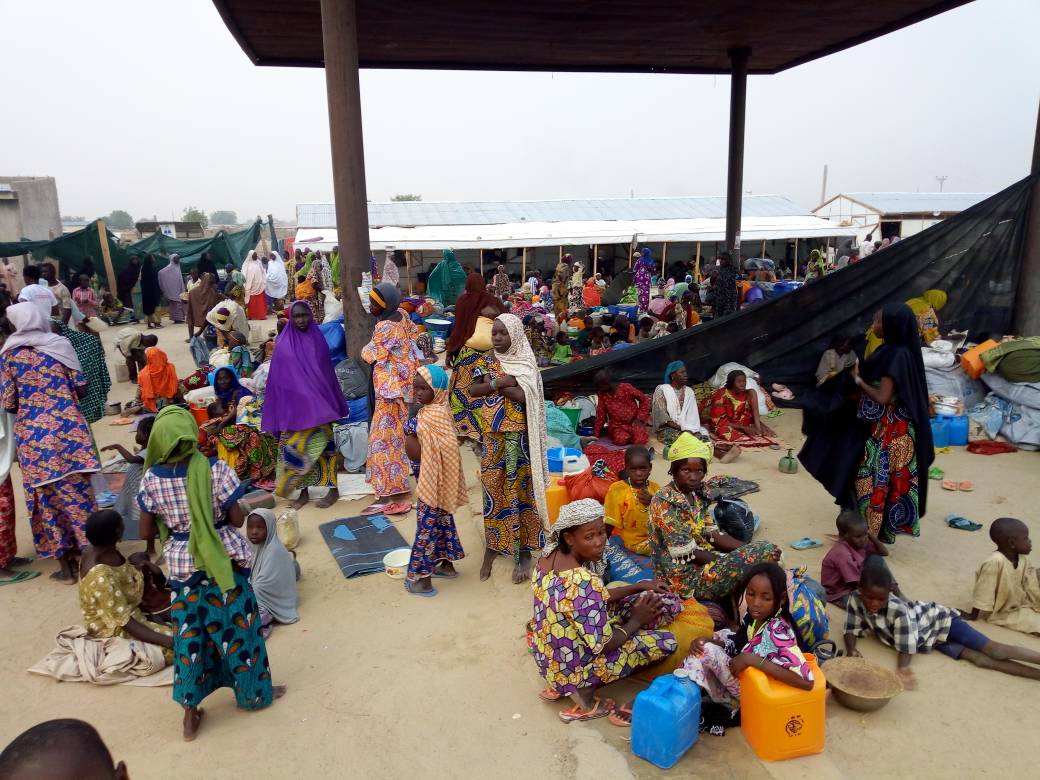
Photo: Beate Simarud/NRC



When Hassana returned with her children and husband to Damasak earlier this year, she picked up the rubbles of her house to make a roof. Her home was not spared by Boko Haram insurgents when they attacked and captured the town in November 2014. Her first husband was killed during the attack. Alone, she fled with her two children to Niger where she took refuge in Gamari. For two years she lived with her children at a refugee camp however their living conditions were highly precarious. Unhappy in Niger, Hassana chose to return to Nigeria and settled in Kebbe state. There, life was as difficult. “There was no way to earn money so my children and I had to beg on the streets,” she says. Hassana eventually remarried and had two children with her new husband. The family, made up of six members, returned to Damasak earlier this year to find Hassana’s home nearly destroyed. As part of its project of housing rehabilitation in Damasak, the Norwegian Refugee Council helped Hassana rebuilt her home. During three days of intensive work, NRC’s rehabilitation team got rid of the rubbles used as a roof to replace them by a metal sheet roof. New doors and windows were also installed and any other minor damages were fixed.
Photo: Hajer Naili/NRC
From Lake Chad conference – media photos


Photo: Hajer Naili/NRC
From Lake Chad conference – media photos

From Lake Chad conference – media photos

Credit: Hajer Naili

Credit: Hajer Naili/NRC
From Lake Chad conference – media photos

Thousands of internally displaced women and children spend over two weeks at the transition camp in Dikwa waiting to be screened by the military before being allowed into the town.

 Join Daily Trust WhatsApp Community For Quick Access To News and Happenings Around You.
Join Daily Trust WhatsApp Community For Quick Access To News and Happenings Around You.


